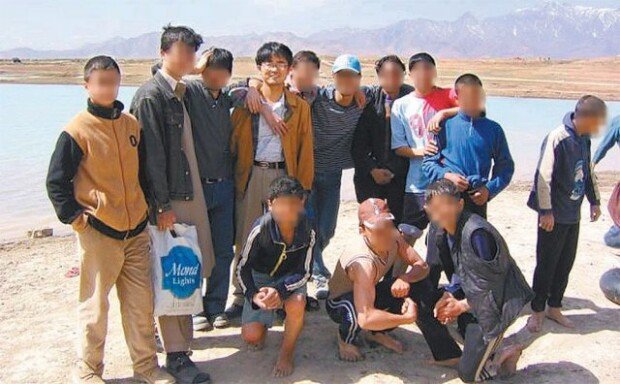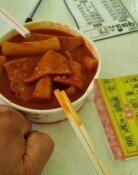Volunteers step up to help the Afghans arrived in Korea
Volunteers step up to help the Afghans arrived in Korea
Posted August. 28, 2021 07:16,
Updated August. 28, 2021 07:16

“It was fortunate that the terrorist attack at Kabul Airport occurred after they (persons of special merit) had arrived in Korea. If it had happened a little faster, the planes would not have been able to take off,” said Lim, 66, who ran a Korean language school and a taekwondo center in Afghanistan from 2010 in an interview with The Dong-A Ilbo. He is one of the eight volunteer translators sought by the Ministry of Justice and Korean Embassy in Afghanistan to help the arriving Afghans settle in Korea. “Although they are only a small number compared to the tens of millions people in Afghanistan, I want to comfort them and help them adjust to life in Korea.”
While planning to evacuate the persons of special merit, the Ministry of Justice sought volunteer translators, who were fluent in the Afghan language and familiar with the culture, through non-government organizations (NGO), and people with ties to Afghanistan actively participated. Lim started in volunteer work in Afghanistan from around 2010, thinking about the difficult post-war period in Korea. He established a Korean language school and a taekwondo center in a regional community and a national university in a rural town in Afghanistan, and educated young children.
“Born in a rural area in the Jeolla region, I grew up eating bread and porridge made with the wheat and corn flour provided by the U.S.,” Lim said. “I always felt indebted for the help we received when we were in need. So I wanted to do some volunteer work in an underdeveloped country after retirement.” Lim said that this is the time to pay off the debt, adding he will help them feel comfortable during their stay in Korea.
There are some people, who are willing to help the Afghans using their naturalization experience. Park Na-sim, 30, who was naturalized in Korea in 2016 after leaving Afghanistan in 2006, said she thought she had to step forward and help them because she knew how difficult it would be to leave one’s home country in a difficult situation. She plans to help her fellow Afghans learn Korean culture and language so that they can settle in Korea easily. She is also discussing ways to provide accommodation for Afghan women.
There are also people who are thinking about ways to help the Afghans integrate into the local community. Koo (52) and Kim (48), who worked for NGOs in Afghanistan for four years since 2003, are exploring ways to establish a communication channel between those who already migrated to Korea and the persons of special merit.
Twin brother and sister David Kim and Hosanna Kim (both 20) learned Tajik language when they lived in Tajikistan at age three with their parents, who worked for refugees at a Christian organization. “Juggling volunteering and school life can be difficult, but I volunteered because I wanted to do what I could do to help people,” David said.
sojee@donga.com · ycy@donga.com
Headline News
- N. Korea launches cyberattacks on S. Korea's defense companies
- Major university hospital professors consider a day off each week
- Italy suffers from fiscal deficits from ‘Super Bonus’ scheme
- Inter Milan secures 20th Serie A title, surpassing AC Milan
- Ruling and opposition prioritize spending amid tax revenue shortfalls







